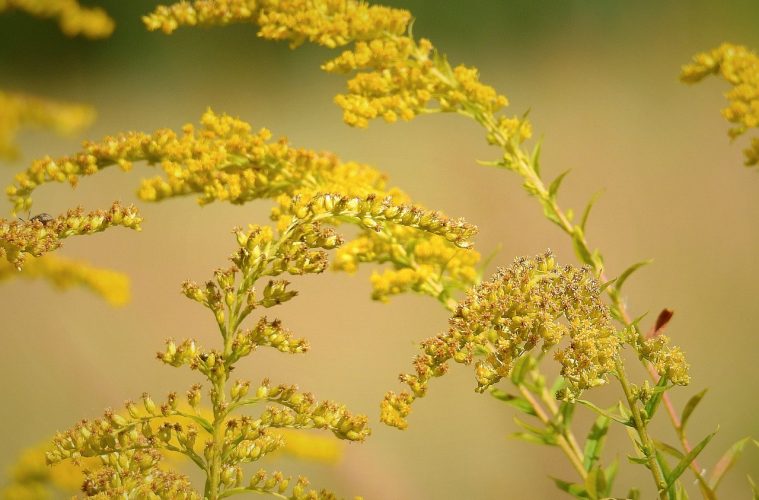Organic gardening is more than just a way to grow plants; it’s a commitment to working in harmony with nature to create a sustainable and healthy environment. Growing without chemicals means you’re choosing methods that promote soil health, conserve water, and support a diverse ecosystem. Here’s how to start your own organic garden and enjoy fresh, chemical-free produce.
The foundation of any successful organic garden is healthy soil. Instead of relying on synthetic fertilizers, which can degrade soil quality over time, focus on building rich, fertile soil through natural means. Begin by adding compost to your garden beds. Composting kitchen scraps, yard waste, and other organic materials creates a nutrient-rich amendment that improves soil structure, enhances water retention, and provides essential nutrients to plants. Regularly adding compost to your soil will help it stay fertile and healthy.
Choosing the right plants is also crucial in organic gardening. Opt for plant varieties that are well-suited to your local climate and soil conditions, as they will be more resilient and require fewer inputs to thrive. Native plants and heirloom varieties are often good choices because they have adapted to the local environment over time and tend to have natural resistance to pests and diseases.
Companion planting is a valuable technique in organic gardening. This involves growing certain plants together to benefit each other. For example, planting marigolds alongside tomatoes can help repel nematodes, while beans can fix nitrogen in the soil, benefiting neighboring plants like corn. By understanding the relationships between different plants, you can create a more balanced and self-sustaining garden ecosystem.
Water conservation is another key principle of organic gardening. Mulching your garden beds with straw, wood chips, or leaves helps retain moisture, reduce evaporation, and suppress weeds. Drip irrigation systems and soaker hoses can deliver water directly to the root zone, minimizing water waste. Collecting rainwater in barrels and using it to water your garden is another excellent way to conserve this precious resource.
Pest management in an organic garden relies on prevention and natural solutions rather than chemical pesticides. Encouraging beneficial insects, such as ladybugs, spiders, and predatory beetles, can help keep pest populations under control. Planting a diverse array of flowers and herbs can attract these helpful insects to your garden. Physical barriers, such as row covers and netting, can protect plants from pests without harming the environment.
When pests do become a problem, organic gardeners turn to natural remedies. Homemade sprays made from ingredients like garlic, neem oil, and soap can be effective against many common pests. Additionally, practicing crop rotation helps prevent the buildup of pests and diseases in the soil by moving plant families to different locations each year.
Weed control is another important aspect of organic gardening. Mulching not only conserves water but also suppresses weeds. Hand weeding and using tools like hoes and weed pullers can effectively manage weeds without chemicals. Cover crops, such as clover and rye, can be planted in fallow areas to outcompete weeds and improve soil health when they are tilled into the soil.
Fertilization in an organic garden is all about using natural sources of nutrients. Compost is a fantastic all-around soil amendment, but other organic fertilizers, such as fish emulsion, bone meal, and seaweed extract, can provide additional nutrients as needed. These natural fertilizers release nutrients slowly, reducing the risk of over-fertilization and nutrient runoff, which can harm the environment.
Maintaining biodiversity is essential in organic gardening. A diverse garden with a variety of plants, insects, and microorganisms is more resilient to pests, diseases, and changing weather conditions. Planting a mix of vegetables, fruits, herbs, and flowers creates a more balanced ecosystem that supports beneficial insects and wildlife.
Organic gardening is a rewarding way to grow fresh, healthy produce while caring for the environment. By focusing on soil health, water conservation, natural pest management, and biodiversity, you can create a thriving garden that produces abundant harvests without the use of harmful chemicals. The effort you put into organic gardening not only benefits your own garden but also contributes to a healthier planet for future generations.

